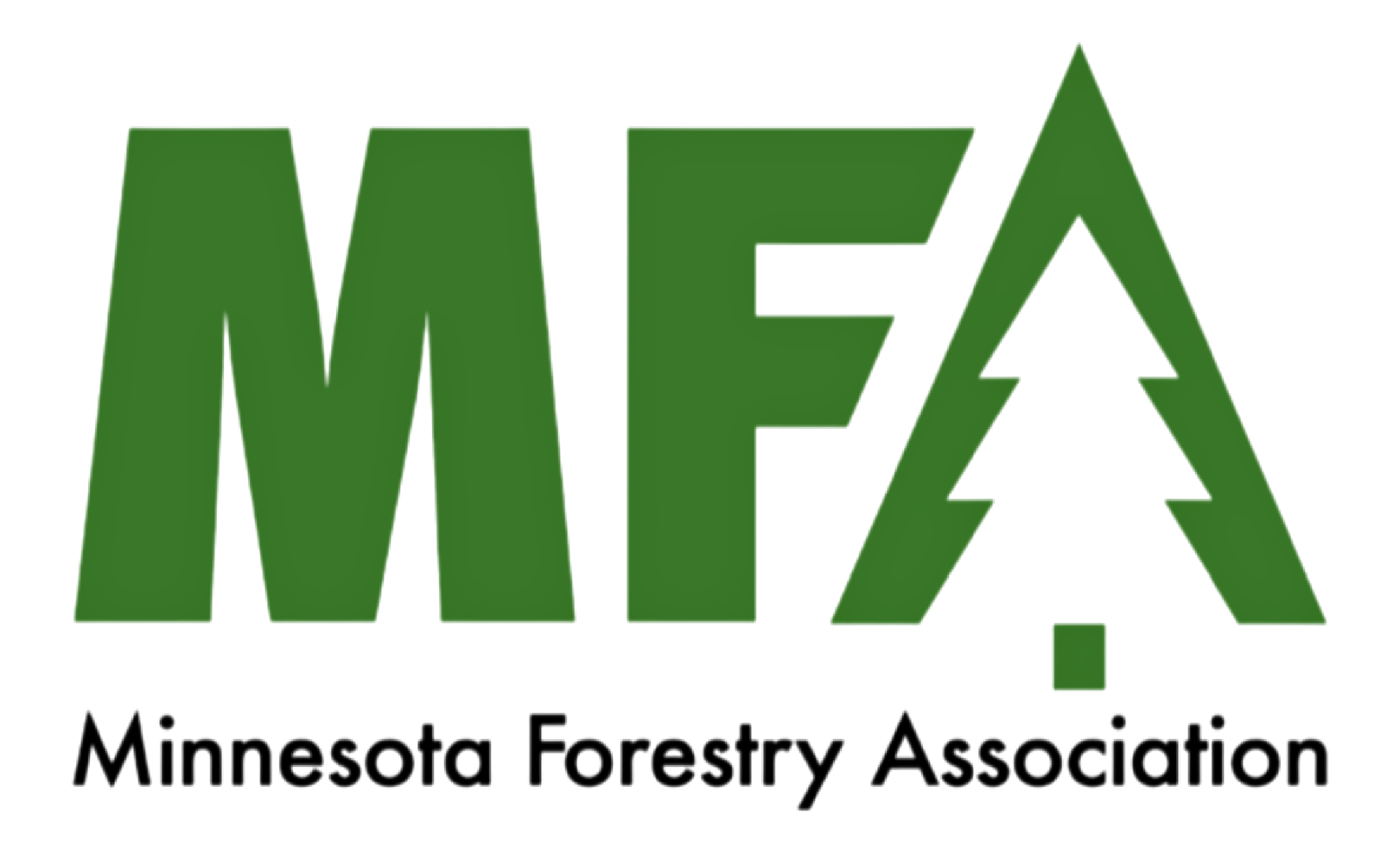“We were hoping to cut a million board feet of timber this winter but, because of the weather, we probably won’t make it,” said Mike Greenheck. After a little more discussion, it became clear there is a lot of land involved in two states and a lot of people, not just Mike.
“Our grandfather began woodland work in the 1930s and 40s on land he owned in Richland County, Wisconsin” said Mike. “One of his neighbors at the time was Aldo Leopold.” (Aldo Leopold authored A Sand County Almanac and is recognized by many today as the father of modern conservation. Learn more about him on the Leopold Foundation web site, www.AldoLeopold.org.)
Mike went on to say, “After our parents married in 1951, they moved to Wabasha County, Minnesota where our father continued in the dairy business as our family had done for 100 years. Whenever dad got a few extra dollars together, he’d buy an abandoned farm. For some, he paid as little as $1.25 per acre yet people still thought he was wasting his money. Dad saw it as taking unproductive farms and turning them into something beautiful.”
Over the years, farms totaling some 2,500 acres were purchased.
The young Greenhecks, Mike, his brother Pete and five sisters, were introduced to woodland work at an early age. Riding on the back of a tree planter, Mike estimates they planted over two million trees. From that early start, Mike learned to love working in the woods, calling it “my golf”.
Today the Greenhecks are heavily involved in tree stand improvement in a process Mike calls “reverse high grading.” A couple of winters ago, Mike, Pete and brother-in-law Steve got into a Monday routine. “We’d start out from St. Paul at 4:30 in the morning and have a 90-minute business meeting while driving to the farm. Once there, we’d spend the day on TSI work and drive back home in the evening. Between September and March, we covered 118 acres.”
Mike’s views seem to be consistent with Aldo Leopold’s. Mike sees forestry as socially valuable because it helps promote clean water and air and prevent soil erosion. He is concerned that, with corn up to $7 per bushel, many farmers will be tempted to go back to plowing erodible lands.
“While dad was focused on trees,” Mike said, “we are interested in a diverse landscape. As a result, we’re also working to restore prairie and wetlands wherever appropriate.”
Having woodland in both Minnesota and Wisconsin, Mike has worked under both our Sustainable Forestry Incentive Act (SFIA) and Wisconsin’s Managed Forest Law (MFL). He actually prefers the Wisconsin law because it requires people to actively manage their land, in addition to forgoing development. “The MFL plans are very specific,” he says. “For example, it might identify a several acre parcel of oak and specify it be clearcut by a certain date.” Of course, such a practice is required only if it contributes to the long term health of the woodland.
Mike is also conservation-minded in his business, Nelson Cheese Delicatessens. He believes in finding locally grown, natural foods but not necessarily organic. He found a new party tray that is made of cardboard and is recyclable which will replace the plastic trays currently in use.
For an inspiring story about Mike and Pete’s father, Francis Greenheck, and the Tree Farmers of the Year award he won nearly 40 years ago, click here.


